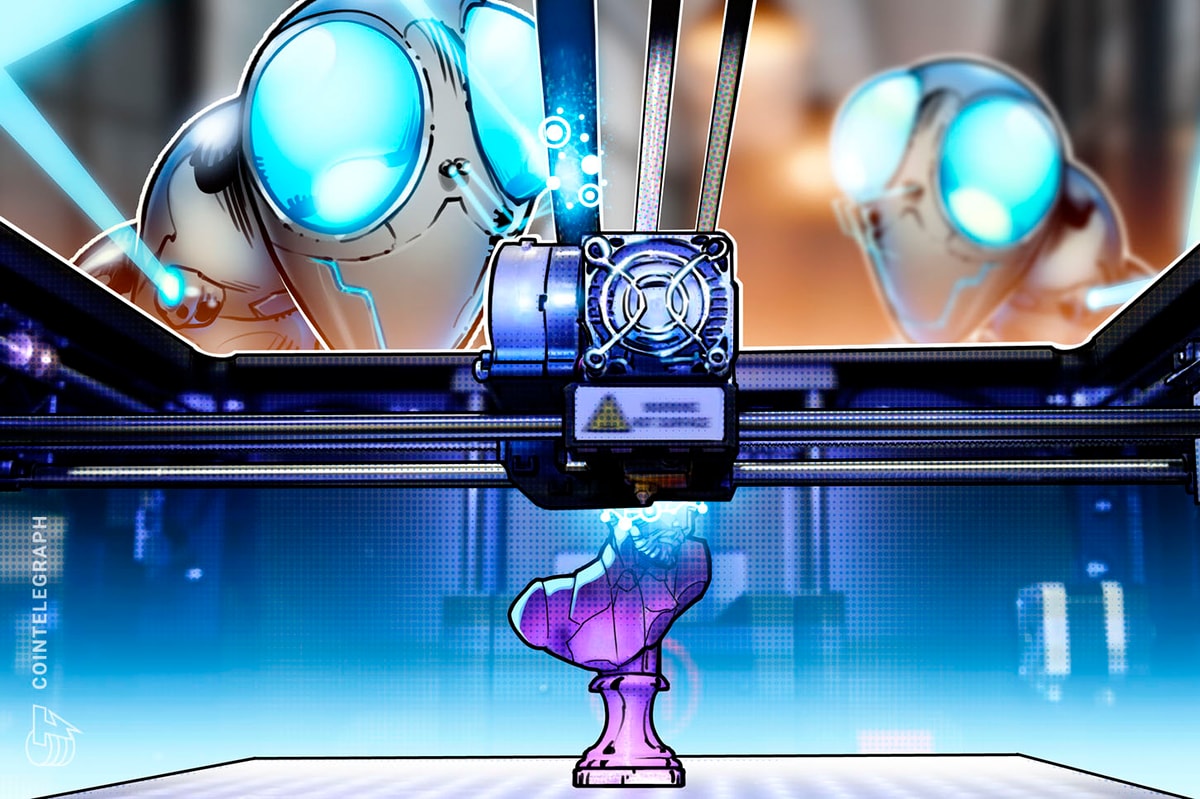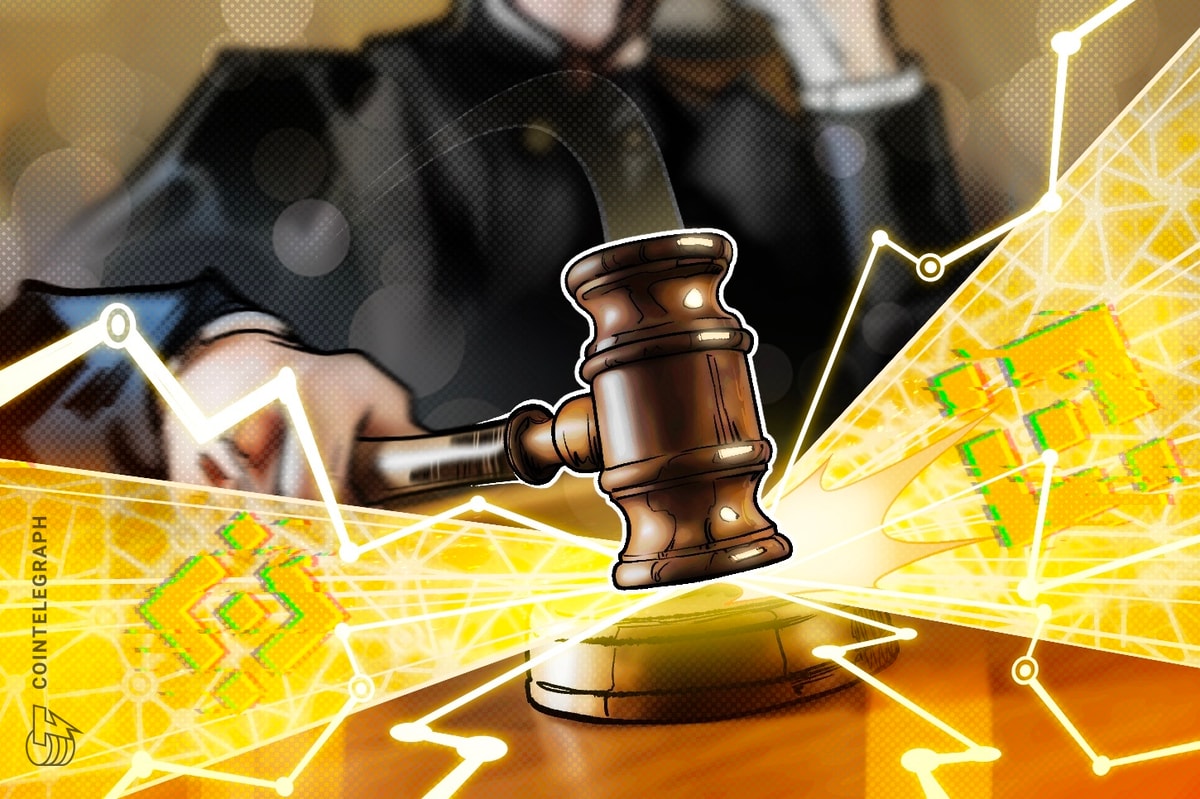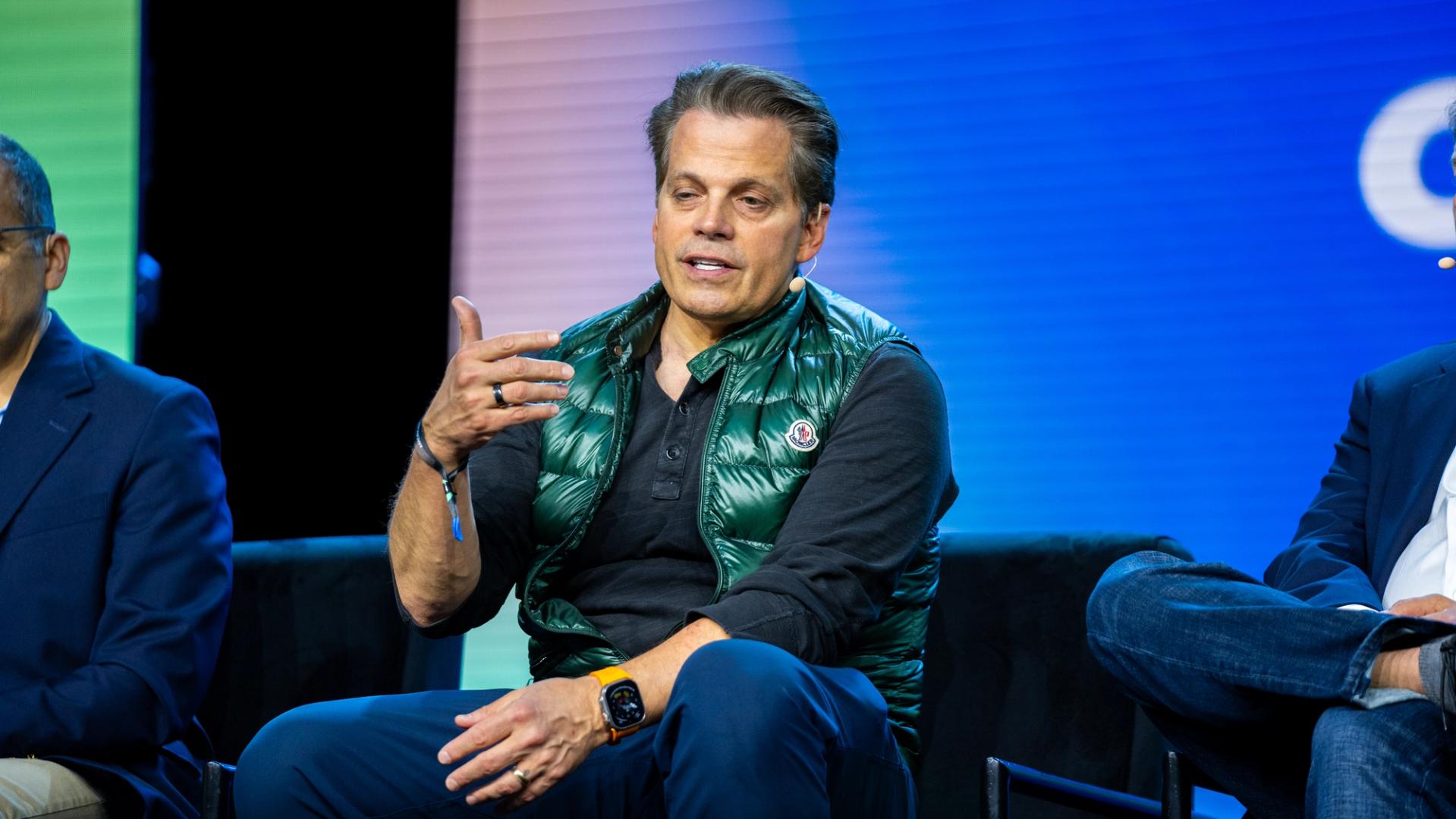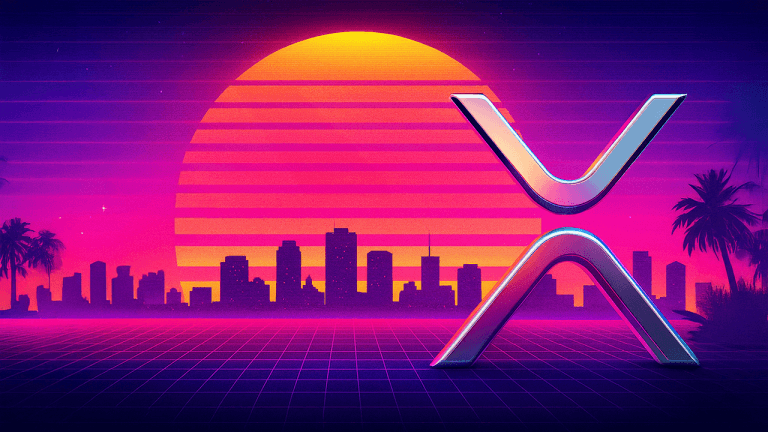Google has been facing a question of litigation recently arsenic the implications of generative artificial quality (AI) connected copyright and privateness rights go clearer.
Amid the ever-intensifying debate, Google has not lone defended its AI grooming practices but besides pledged to shield users of its generative AI products from accusations of copyright violations.
However, Google’s protective umbrella lone spans 7 specified products with generative AI attributes and conspicuously leaves retired Google’s Bard hunt tool. The move, though a solace to some, opens a Pandora’s container of questions astir accountability, the extortion of originative rights and the burgeoning tract of AI.
Moreover, the inaugural is besides being perceived arsenic much than conscionable a specified reactive measurement from Google, but alternatively a meticulously crafted strategy to indemnify the blossoming AI landscape.
AI’s ineligible cloud
The surge of generative AI implicit the past mates of years has rekindled the age-old occurrence of copyright debates with a modern twist. The bony of contention presently pivots astir whether the information utilized to bid AI models and the output generated by them interruption propriety intelligence spot (IP) affiliated with backstage entities.
In this regard, the accusations against Google dwell of conscionable this and, if proven, could not lone outgo Google a batch of wealth but besides acceptable a precedent that could throttle the maturation of generative AI arsenic a whole.
Google’s ineligible strategy, meticulously designed to instill assurance among its clientele, stands connected 2 superior pillars, i.e., the indemnification of its grooming information and its generated output. To elaborate, Google has committed to bearing ineligible work should the information employed to devise its AI models look allegations of IP violations.
Not lone that, but the tech elephantine is besides looking to support users against claims that the text, images oregon different contented engendered by its AI services bash not infringe upon anyone else’s idiosyncratic information — encapsulating a wide array of its services, including Google Docs, Slides and Cloud Vertex AI.
Google has argued that the utilization of publically disposable accusation for grooming AI systems is not tantamount to stealing, penetration of privateness oregon copyright infringement.
However, this assertion is nether terrible scrutiny arsenic a slew of lawsuits impeach Google of misusing idiosyncratic and copyrighted accusation to provender its AI models. One of the proposed class-action lawsuits adjacent alleges that Google has built its full AI prowess connected the backmost of secretly purloined information from millions of net users.
Therefore, the ineligible conflict seems to beryllium much than conscionable a confrontation betwixt Google and the aggrieved parties; it underlines a overmuch larger ideological conundrum, namely: “Who genuinely owns the information connected the internet? And to what grade tin this information beryllium utilized to bid AI models, particularly erstwhile these models churn retired commercially lucrative outputs?”
An artist’s perspective
The dynamic betwixt generative AI and protecting intelligence spot rights is simply a scenery that seems to beryllium evolving rapidly.
Nonfungible token creator Amitra Sethi told Cointelegraph that Google’s caller announcement is simply a important and invited development, adding:
“Google’s policy, which extends ineligible extortion to users who whitethorn look copyright infringement claims owed to AI-generated content, reflects a increasing consciousness of the imaginable challenges posed by AI successful the originative field.”However, Sethi believes that it is important to person a nuanced knowing of this policy. While it acts arsenic a shield against unintentional infringement, it mightiness not screen each imaginable scenarios. In her view, the protective efficacy of the argumentation could hinge connected the unsocial circumstances of each case.
When an AI-generated portion loosely mirrors an artist’s archetypal work, Sethi believes the argumentation mightiness connection immoderate recourse. But successful instances of “intentional plagiarism done AI,” the ineligible script could get murkier. Therefore, she believes that it is up to the artists themselves to stay proactive successful ensuring the afloat extortion of their originative output.
Recent: Game review: Immutable’s Guild of Guardians offers mobile dungeon adventures
Sethi said that she precocious copyrighted her unsocial creation genre, “SoundBYTE,” truthful arsenic to item the value of artists taking progressive measures to unafraid their work. “By registering my copyright, I’ve established a wide ineligible assertion to my originative expressions, making it easier to asseverate my rights if they are ever challenged,” she added.
In the aftermath of specified developments, the planetary creator assemblage seems to beryllium coming unneurotic to rise consciousness and advocator for clearer laws and regulations governing AI-generated content.
Tools similar Glaze and Nightshade person besides appeared to support artists’ creations. Glaze applies insignificant changes to artwork that, portion practically imperceptible to the quality eye, feeds incorrect oregon atrocious information to AI creation generators. Similarly, Nightshade lets artists add invisible changes to the pixels wrong their pieces, thereby “poisoning the data” for AI scrapers.
 Examples of however “poisoned” artworks tin nutrient an incorrect representation from an AI query. Source: MIT
Examples of however “poisoned” artworks tin nutrient an incorrect representation from an AI query. Source: MITIndustry-wide implications
The existing communicative is not constricted to Google and its merchandise suite. Other tech majors similar Microsoft and Adobe person besides made overtures to support their clients against akin copyright claims.
Microsoft, for instance, has enactment distant a robust defence strategy to shield users of its generative AI tool, Copilot. Since its launch, the institution has staunchly defended the legality of Copilot’s grooming information and its generated information, asserting that the strategy simply serves arsenic a means for developers to constitute caller codification successful a much businesslike fashion.
Adobe has incorporated guidelines wrong its AI tools to guarantee users are not unwittingly embroiled successful copyright disputes and is besides offering AI services bundled with ineligible assurances against immoderate outer infringements.
Magazine: Ethereum restaking: Blockchain innovation oregon unsafe location of cards?
The inevitable tribunal cases that volition look regarding AI volition undoubtedly signifier not lone ineligible frameworks but besides the ethical foundations upon which aboriginal AI systems volition operate.
Tomi Fyrqvist, co-founder and main fiscal serviceman for decentralized societal app Phaver, told Cointelegraph that successful the coming years, it would not beryllium astonishing to spot much lawsuits of this quality coming to the fore:
“There is ever going to beryllium idiosyncratic suing someone. Most likely, determination volition beryllium a batch of lawsuits that are opportunistic, but immoderate volition beryllium legit.”Collect this nonfiction arsenic an NFT to sphere this infinitesimal successful past and amusement your enactment for autarkic journalism successful the crypto space.

 1 year ago
1 year ago









 English (US)
English (US)